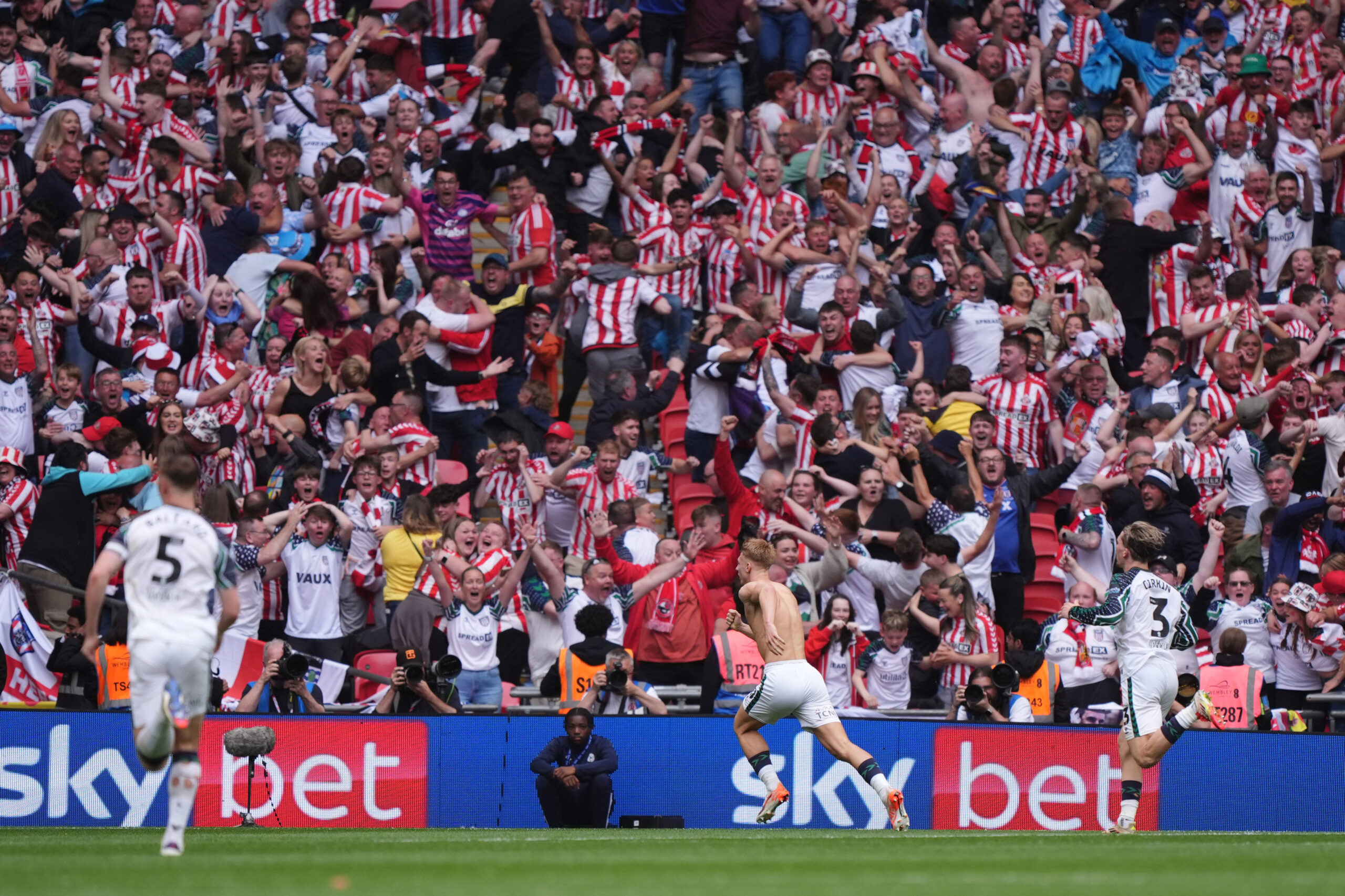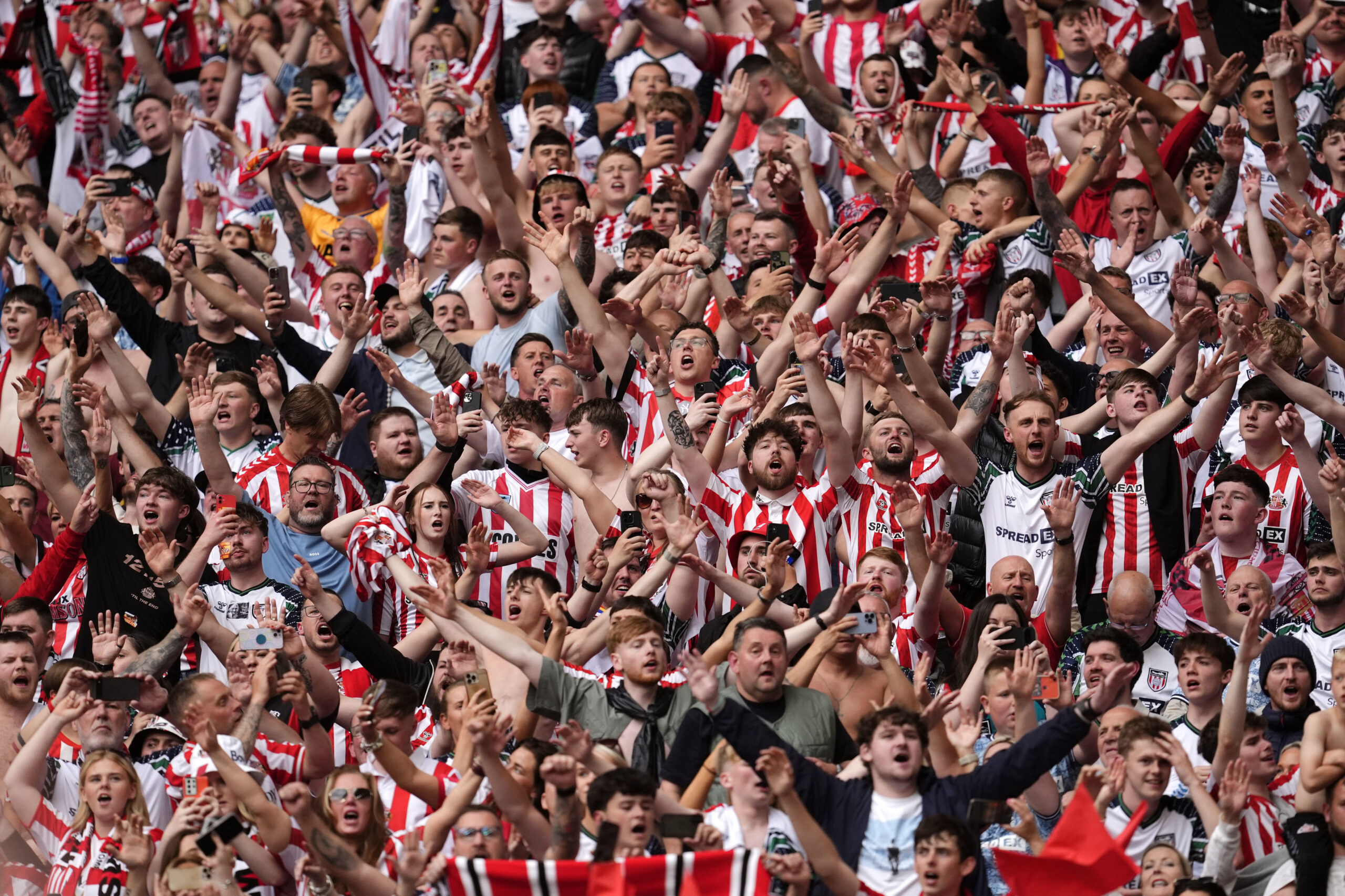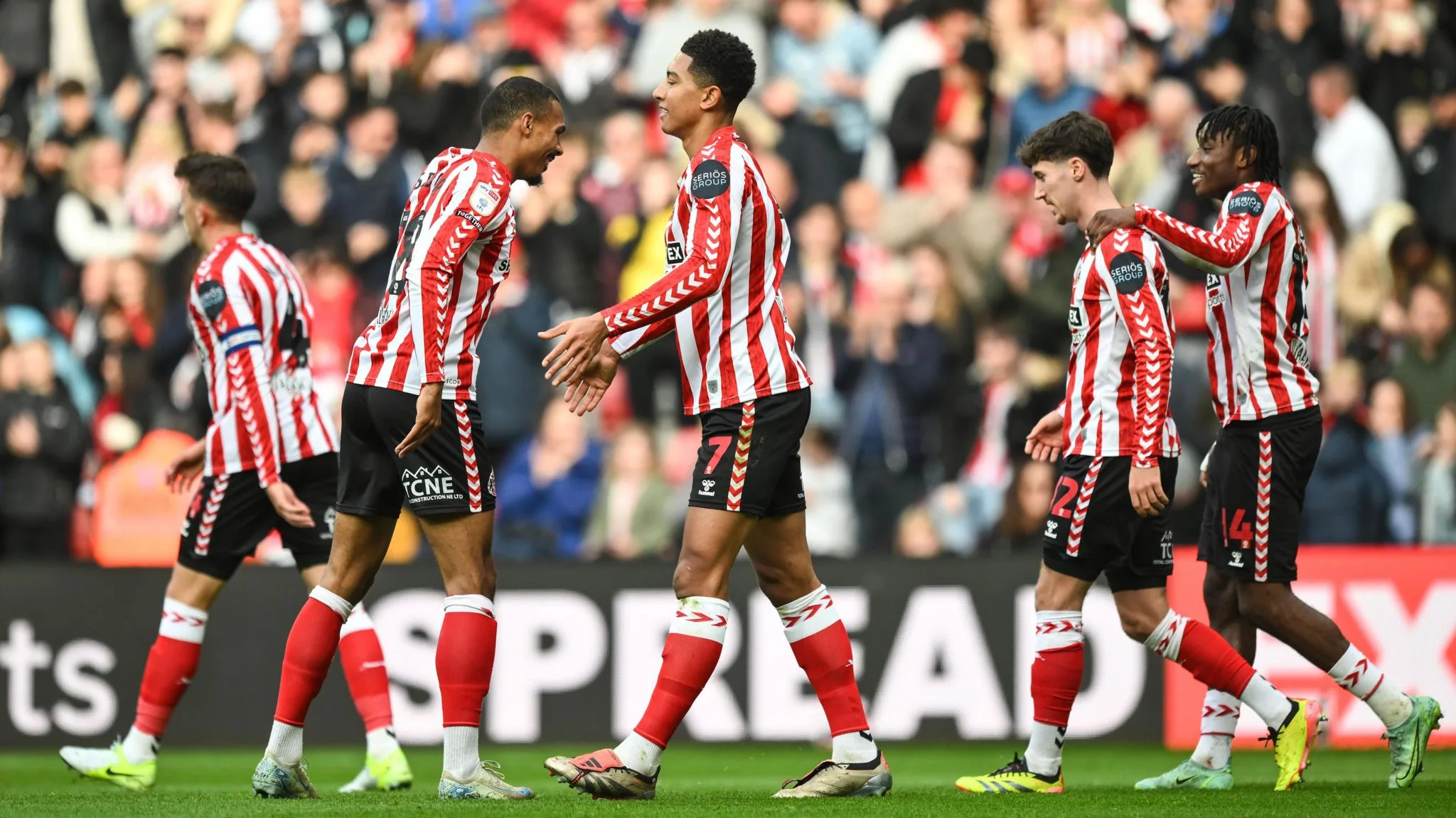Transfer activity is picking up pace on Wearside with three additions secured in the last few days. One of those new recruits is Isaac Lihadji from Ligue 1 side, LOSC Lille, who arrives on a permanent basis for an undisclosed fee. We caught up with a French football expert to get the inside track.
WMS: It’s understood that the 20-year-old hasn’t been a regular starter at Lille this season, having turned down moves to Saint-Étienne and Anderlecht amongst others last summer. Yet, he enjoyed some limited game time in the last few seasons with several assists and a goal. One may have assumed he would push on from there. There are suggestions that the board may not have taken too kindly to him turning down transfers? Is there any substance to that and why do you think Lille were happy to move him on?
JS: It’s a little surprising to see his lack of game time as Lille changed coach and his style of play would have fitted well into Fonseca’s system. However, this isn’t the first time that Lihadji’s playing opportunities have been limited due to disagreements over contracts and transfers – this happened at Marseille too. The suggestions in France are more that Lihadji (or maybe his entourage) was too concerned with looking for bigger, better-paid moves, rather than working to establish himself in the team. Lille weren’t prepared to play ball and, with this being the last year of his contract and no sign that he would sign a new one, they’ve dropped him. So I’d say it’s non-football reasons – but then if he’d made himself indispensable, then Lille would surely have turned a blind eye to the other issues…
WMS: What sort of player can Sunderland supporters expect from day one?
JS: He’s a potentially exciting inverted winger – predominantly left-footed but mostly plays off the right wing. Has the skills to hug the touchline or play in a front three, to stay wide and get to the by-line or to cut inside for a shot. His lack of top flight minutes make it hard to say how effective he can be on a consistent basis – his skill set definitely lends itself to being a very effective substitute who can terrorise tiring defences. But the aim will of course be to become a regular starter who’ll focus mainly on creating for others but certainly to chip in with goals too.
WMS: With several French speaking youngsters already in the squad and attacking progressive football style being played on the pitch, do you think that could help Sunderland ignite his career?
JS: As alluded to above and as can often be the case with young French players, a lot depends on how much he wants to – or is allowed to – concentrate on the football itself rather than the fame and fortune that can come with it. But, I think the Championship has proven a very good place for French players to acclimatise to English football, to get more game time, to develop their abilities and – to sound pretentious – to become more of a man on and off the pitch. The physicality and very competitive nature of the Championship will develop that part of his game, and maybe being away from home – but with the support of other French speakers – will help him mature and get closer to becoming a first team regular. And the emphasis on attacking football will definitely help him to feel at home.
WMS: Having made his debut at Marseille when he was 17 it’s clear he must possess some quality. We know he’s a left-footed winger etc but what else can you tell us about him?
JS: Unlike most French clubs, Marseille have a terrible record and developing and giving chances to youth. So the fact that he made it to the first team and that the club were annoyed that he wanted to leave probably says a lot about his potential. As does the fact that, despite limited first team game time compared to lots of his peers, he has played at every France youth level up to and including Under-21. For France’s U17s he scored three and assisted two in the U17 World Cup in 2019 to help France reach the semi-finals. And, despite France having so much young talent, he was a name that was often mentioned as one of those with huge talent. So there is no doubt that the raw gifts are there. He just needs to give himself the chance to settle somewhere, polish those skills and fulfil the potential that everyone has forgotten about.
WMS: It’s reported that several elite European sides courted his signature at a very young age including Barcelona. While still only 20 why do you think he hasn’t yet reached that early promise? Is it a case of perhaps now needing to take a step back to move forward?
JS: Young French players are so popular, big clubs so flush and able to take wild gambles and social media noise so loud, that some of those links should probably be taken with a pinch of salt. But Barca were certainly interested and the likes of Man Utd and Arsenal linked when he left Marseille. All that speaks to the potential mentioned above. Marseille and Lille are big clubs as far as France go of course and he has more than enough ability to compete for first team football at those clubs. The problem has not necessarily been his level of performance but the fact that constant talk of moving elsewhere has led to his chances on the pitch being limited. If, as lots suggest, his people are leading him astray with the promise of better pay elsewhere, then moving to England is not necessarily a step back. But he is probably looking at Sunderland as a stepping stone to a big Premier League move. That’s fine but at some point he needs to knuckle down, concentrate on the football and earn the money his people think he is worth. At 20 years old he has already burned a couple of bridges. Maybe moving away from France will help him keep his focus.
WMS: What are his key strengths as a winger and what areas would you say he still needs to develop?
JS: He is very skilful, has an effective right foot and is able to keep the ball and find room and time in tight spaces. He has good balance and so makes if difficult for defenders who don’t know what way he is going to go. He plays with his head up rather than the type of winger who just runs into brick walls. He has good body strength – not a wiry winger type – so is not easily pushed off the ball. It’s just a case of developing all of that and showing that he can do it week in week out, for 90 minutes, at a more physical level. His defensive shift isn’t great but that, like decision-making and game management, will only come through experience and regular playing time.
WMS: Has he played in any other positions at any level?
JS: He’s made the odd appearance on the left wing and even once as a centre forward. I think he has the skills and intelligence to play across the front line or as a support striker.
WMS: How do you think he will adapt to life in the second tier of English football?
With Edouard Michut, I felt that he probably had the mentality but I worried about the physical side. With Lihadji I think it’s the other way around. I think he has the footballing ability and strength to thrive. But he has to understand that this is a special chance to make a name for himself in a league that has served several French players well. There have been too many French players over the years who haven’t fulfilled their potential because they have been led astray by agents, felt entitled to respect before it’s earned, or failed to appreciate the extra rigours of first team football as opposed to youth teams. Lihadji has shown in flashes that he is capable of understanding the footballing side, but he needs to stay humble and understand that he needs to work his way to the top. If he does so, he could become a star of the Championship and aspire to bigger things in the future.
You can find Jeremy Smith on Twitter






























